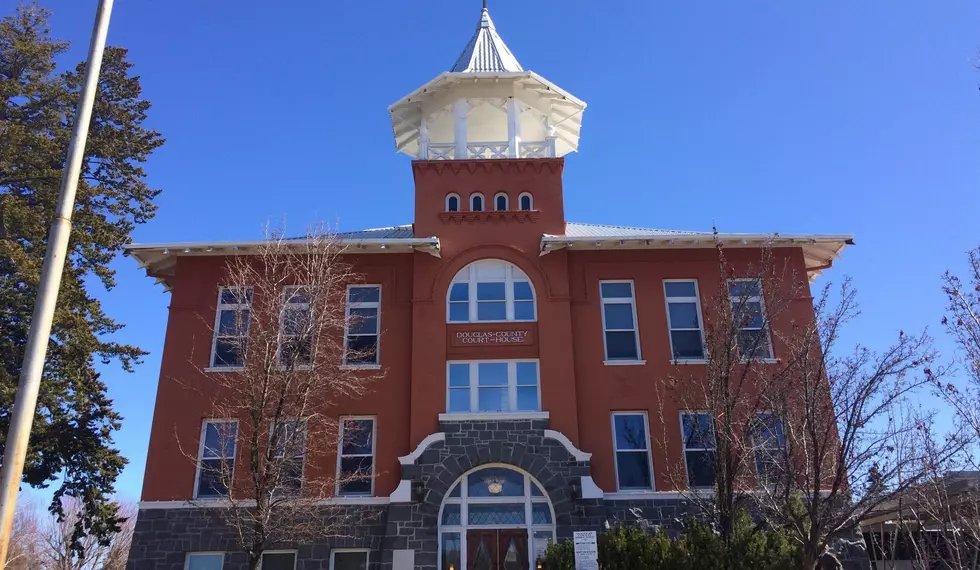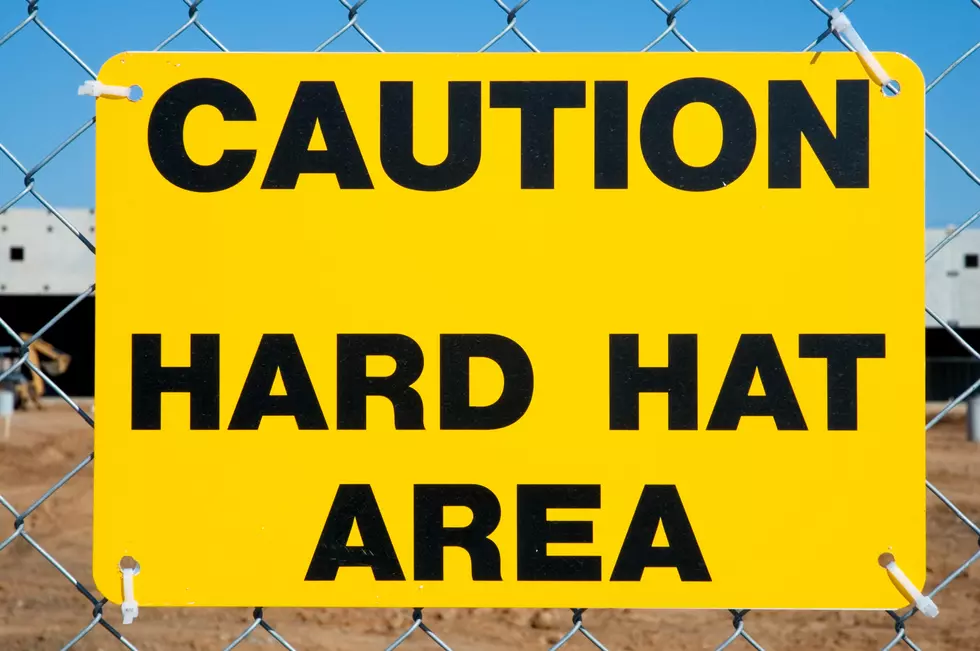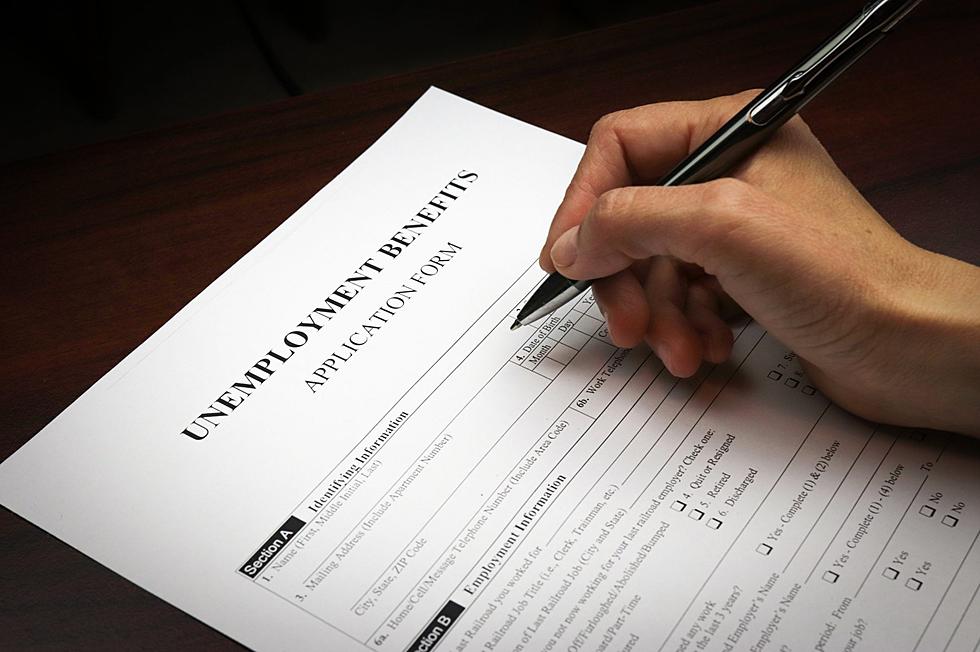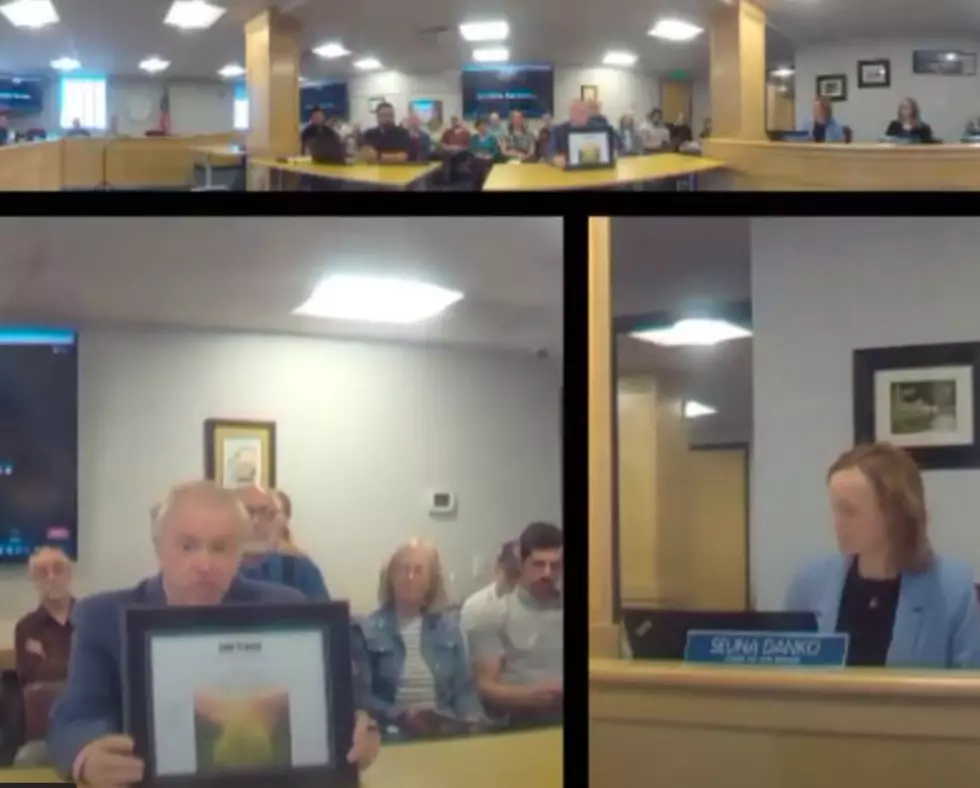
Lawsuit Against State’s Capital Gains Tax Heard in Douglas County Superior Court
The Douglas County Superior Court will decide a lawsuit over the state's new capital gains tax.
The law levies a 7 percent tax on capital gains people make on sales of stocks or bonds totaling more than $250,000 in a year.
Attorney Rob Mekenna made the plaintiffs argument.
Mekenna said the law in place is a property tax, which classifies as an income tax, which Washington does not have.
"As federal law indicates, and every other state that taxes capital gains has determined, capital gains are income," said Mekenna. "And under binding Washington precedent...a tax on the receipt of income is a tax on property."
Washington State Solicitor General Noah Purcell argued the state's case that the capital gains tax is not a property tax, but an excise tax, which has legal standing.
"The capital gains excise tax does not apply based on what property you own, or its value," said Purcell. "A person could own multiple homes; millions of dollars’ worth of stock and vast amounts of other assets, and never owe the capital gains excise tax."
The tax is estimated to raise $445 million each year beginning in 2023 and would be used to fund K-12 education.
Attorney Greg Long with the Pacifica Law Group represented the education interveners in the lawsuit, and said the educators completely backed the state's argument.
Mekenna further argued the plaintiff's side that the law crafted by the legislature is an income tax.
"The capitol gains tax is clearly levied as a direct tax on persons who receive net income from transactions occurring anywhere in the world, and is collected from them due to their residence in Washington, just like income taxes are," said Mekenna.
Plaintiffs in the lawsuit include a number of individuals along with the Washington Farm Bureau and the nonprofit Freedom Foundation.
The conservative Freedom Foundation filed its lawsuit in April representing a group of state residents, including Chris Quinn of East Wenatchee.
Another group of plaintiffs led by the Washington Farm Bureau included April Clayton, a tree farmer from Orondo. That group filed a lawsuit in May.
Both suits were combined into one case against the state and the state Department of Revenue in July by order of Douglas County Superior Court Judge Brian Huber, who is presiding over the case.
Both sides made presentations Friday before Huber after both applied for a summary judgement on the same day, Dec. 6.
A summary judgement is a judgment entered by a court for one party and against another party without a full trial.
Huber said at the end of Friday's hearing that he would make a decision on the motions for summary judgement in the next few weeks.
There's thinking among law experts that the Washington Supreme Court could end up deciding the case.
Meanwhile, the capital gains tax has not yet been imposed. It went into effect on Jan. 1, but payments aren’t due until taxes become due in April 2023.
But Senate Bill 5926 in the current legislative session, sponsored by state Senators June Robinson and Joe Nguyen, would set the rate of the capital gains tax from 7 to 14 percent.
More From NewsRadio 560 KPQ









